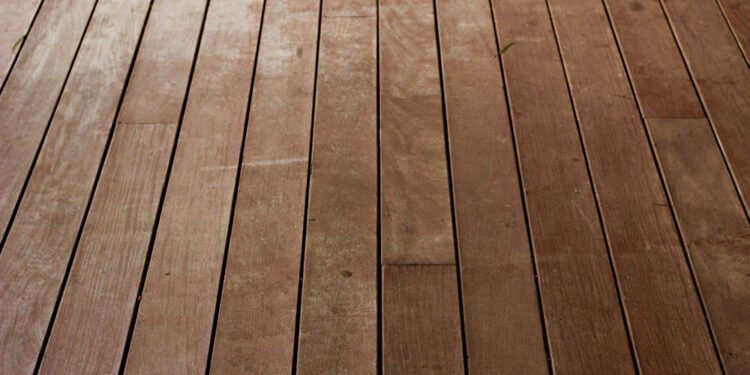Most of us dream of owning a home someday, and there’s no shortage of benefits it provides. One of the most notable is the ability to customize your home as you see fit. Some renovations have a higher return on investment (ROI) than others, and adding new hardwood flooring is an amazing home improvement option.
To get the best results, it’s essential to understand how thickness impacts floor stability. So, how thick is hardwood flooring? Let’s explore the key information you need to keep in mind before moving forward.
How Thick Is Hardwood Flooring?
In most cases, solid hardwood flooring will be available between 3/4 inch and 5/16 inches. If you’re in the market for engineered hardwood flooring, you can expect to find sizes from 1/2 inch to 1/4 inch. Engineered wood looks highly similar to conventional hardwood, but the manufacturing process differs.
It’s created by applying a thin veneer layer of hardwood to a base layer of plywood. It often comes prefinished and has a lower price point. The best choice will depend on your needs, such as how much weight you need the floor to bear or your budget.
Thickness and Durability
The thickness of your floor will play a large role in its durability. If this area of your home has a high amount of foot traffic, it’s best to choose thicker flooring options.
However, there’s a limit to the thickness you can choose if you have heated floors. Anything thicker than 1/2 inch will make it difficult for the heat to transfer through. If you’re installing hardwood in your kitchen or bedroom, it will need to be thick enough for additional wood finishing and sanding.
Finding Hardwood Flooring
The quality of the hardwood flooring you choose will heavily impact the result. It’s never recommended to settle when searching for products. While it’s recommended to avoid the cheapest options, you don’t have to spend as much money as possible.
There’s a point of diminishing returns regarding what you spend. Somewhere in the middle of the price range can likely meet your needs without exceeding your budget.
Handling Installation
Unless you have previous experience handling hardwood floor installation, it’s best to hire a wood flooring professional. They have the tools and resources required to handle projects like these with ease. Make sure you explore their past reputation before making your decision.
The last thing you want is to hire someone unreliable. You should also avoid workers who aren’t licensed, bonded, and insured. Failure to do so could leave you financially liable if accidents occur.
Navigate This Project Carefully
While installing hardwood flooring can be a great way to improve your home, it’s essential to understand the nuances mentioned in this guide. Keep the answer to “How thick is hardwood flooring” in mind so you can make the best decision for your situation.
Looking for other lifestyle articles that can improve your quality of life in the future? Our blog has plenty of posts like this one. Be sure to check them out today!












